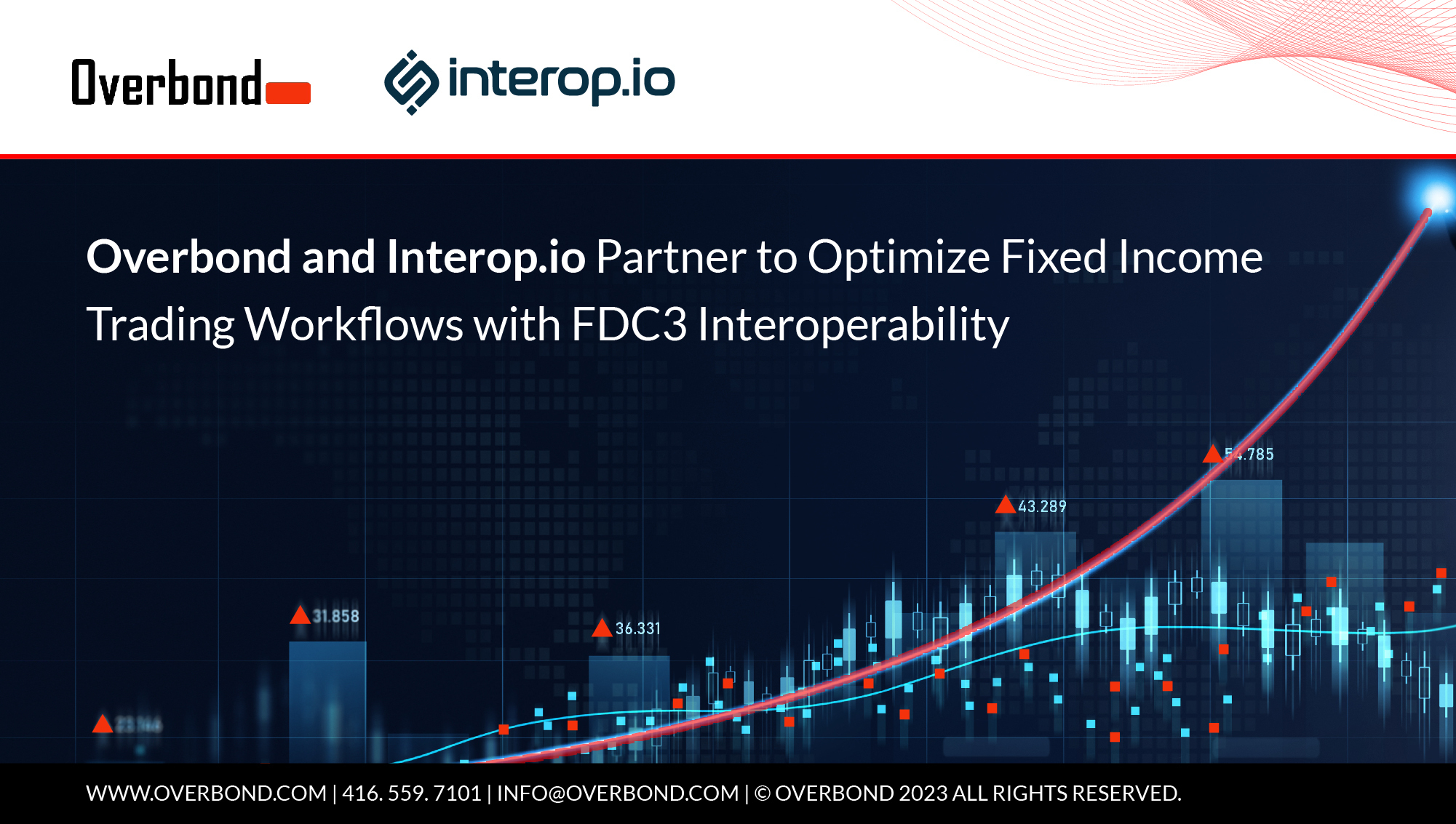ARTICLES
Fixed income automation and AI
AI-driven suites can automate trade flow, improve liquidity risk and improve price monitoring and reporting. They can help portfolio managers discover discounted and premium-priced bonds, determine where they can get the best roll-down and the best carry, determine the best place to be on the curve and help identify tactical relative value opportunities.
How fixed income trading automation is being driven by AI, cloud computing and interoperability
Automated corporate bond trading has evolved from being impossible just a few years ago to becoming an important tool for both buy-side and sell-side bond trading desks. Buy-side clients are looking to the sell-side to help them automate a meaningful percentage of their trading and sell-side traders are aiming to make a significant portion of their own trades no-touch or low-touch.
The promise of AI in corporate bond trading
“We can automate 30 percent of a trader’s entire trading workflow,” says the CEO of Overbond, a fixed income AI analytics company. “So, if I’m a trader and I trade 300 transactions a day, 100 out of 300 I never see again. They literally never come across my screen and they are executed with speed and precision. They reflect my book style and bias, just like I was executing them. Imagine 30 percent of everything I do just goes away, but it still earns money to my book equally.”
Automating fixed income trading: the challenges and the solution
Although there’s been significant growth in electronic trading in the fixed-income markets over the past 20 years, structural issues exist that make automation difficult to fully apply to these markets — and they still have a long way to go.
Aggregating buy-side fixed income trade data: the power of AI, AWS and parallelization
Currently, the only solution in the marketplace that shows what bonds have traded and at what prices across various trading venues that also includes the Over-The-Counter (OTC) trading volumes, is "client side data aggregation". This involves aggregating data feeds from various providers internally. Up until a few years ago, it wasn’t possible to process, map or normalize all these different data feeds in real-time. Today, AI analytics makes this possible.
Breaking Down Dynamics of the primary Bond Market
In a healthy and prosperous economy, a well-functioning and highly efficient primary bond market is a necessity, providing efficient allocations of capital to fund expansion and major investments. As it stands, though, the bond market is made up of many moving parts, all of which are in some senses competing, and in some senses working together, to create an agreeable outcome.
Machine learning and big data bring predicitive analytics to financial services
When the big data boom grabbed headlines in the early 2000’s, it was because the high-tech industry allocated R&D efforts to develop new data-driven applications for their businesses. Out of these developments came the rise of predictive analytics.










